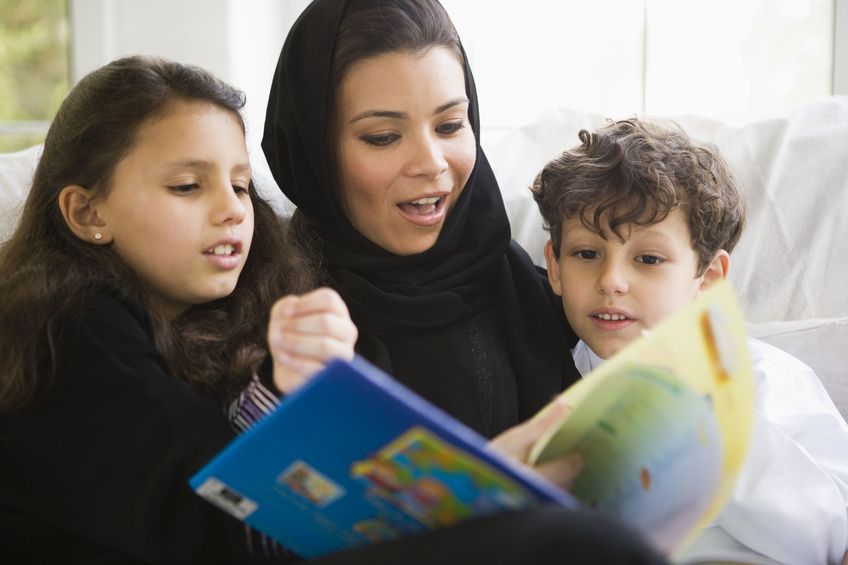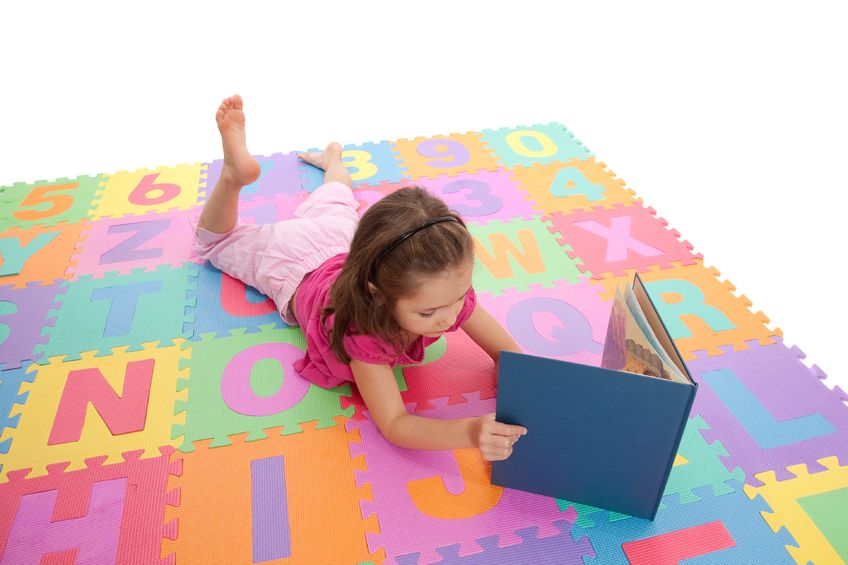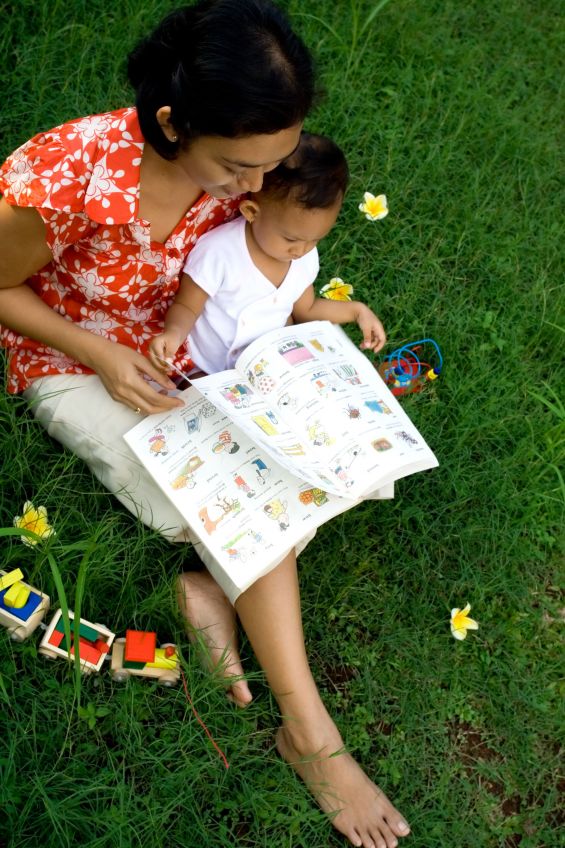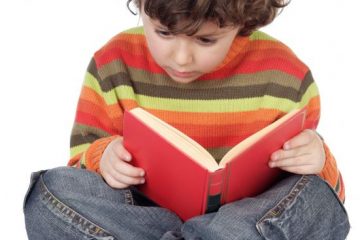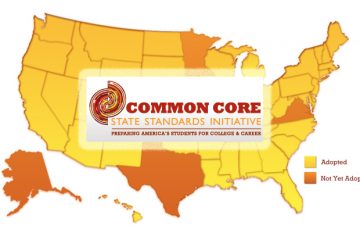Children’s Reading Preferences – Reading Essentials Series #4
When I taught fifth grade it felt like there were never enough books in our class library. What started out as one half-filled bookshelf eventually became two that were overflowing. I ordered every book I could afford and brought books from home once my daughters were finished with them. From Harry Potter (for the very brave) to Captain Underpants to Charlotte’s Web, one thing my students could count on was variety. There was no excuse for not finding a book worth their reading time.

